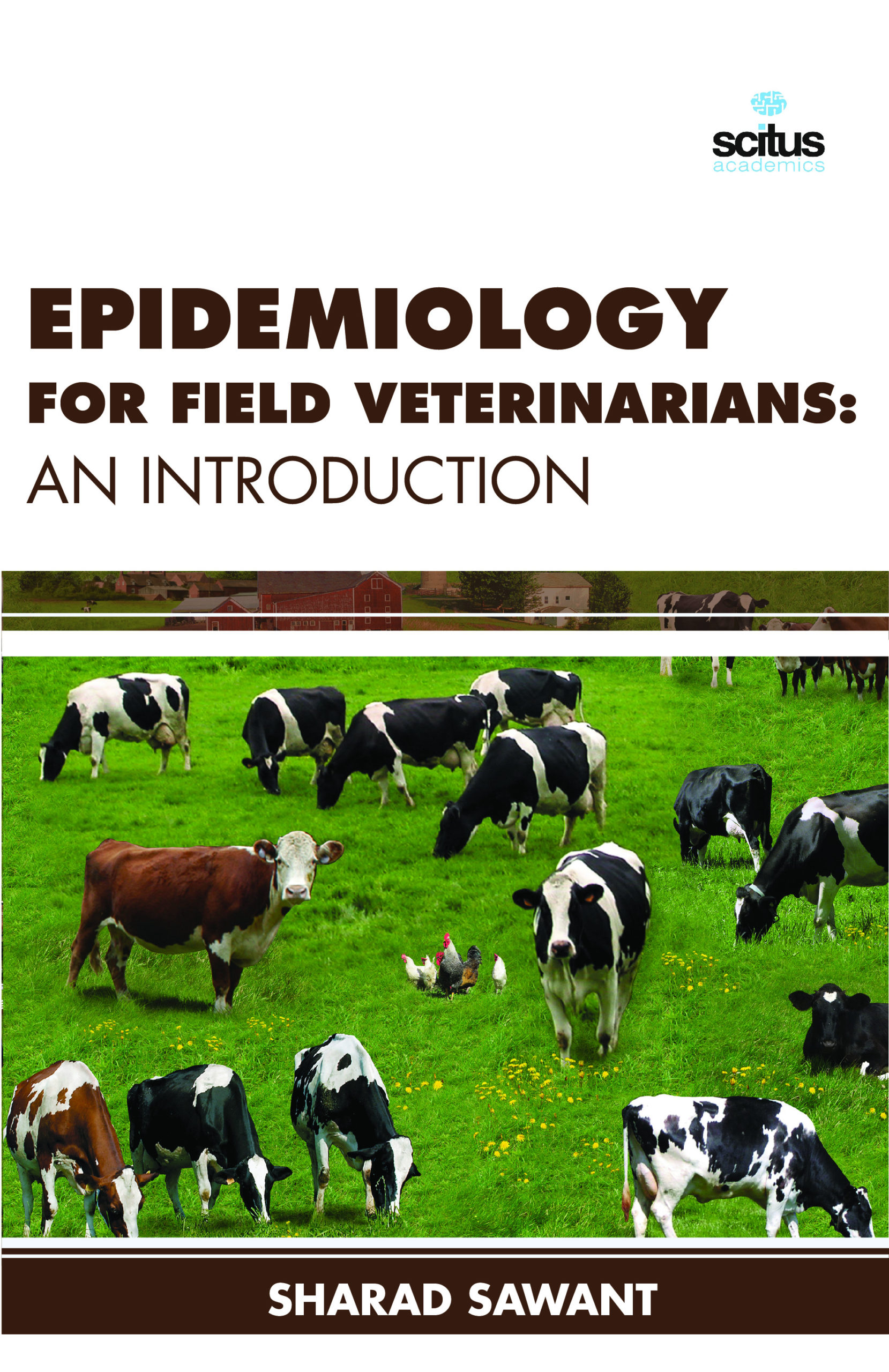Epizootiology, epizoology, or veterinary epidemiology is the study of disease patterns within animal populations. Veterinary epidemiology deals with the investigation of diseases, productivity and animal welfare in populations. It is used to describe the frequency of disease occurrence and how disease, productivity and welfare are affected by the interaction of different factors or determinants. Today, the veterinary profession is confronted with a different set of problems compared with the middle of last century. Now, veterinarians often have to deal with herds or regions remaining diseased after lengthy disease control campaigns. In addition, it is considered necessary to take into account the economic aspects of disease control through the use of benefit/cost analyses of disease control campaigns. Costly multi-factorial disease complexes such as mastitis or cattle lameness have become quite common. In addition, old, emerging or new diseases with complex aetiologies pose a difficult challenge for the profession. Veterinarians have to respond to the challenges posed by problems such as BSE, FMD and antimicrobial resistance. All these problems require identification, quantification and intensive examination of multiple, directly or indirectly causal, and often interacting, disease determinants. Veterinary epidemiology and evidence-based veterinary medicine provide overlapping sets of tools which can be used to approach these new challenges.













